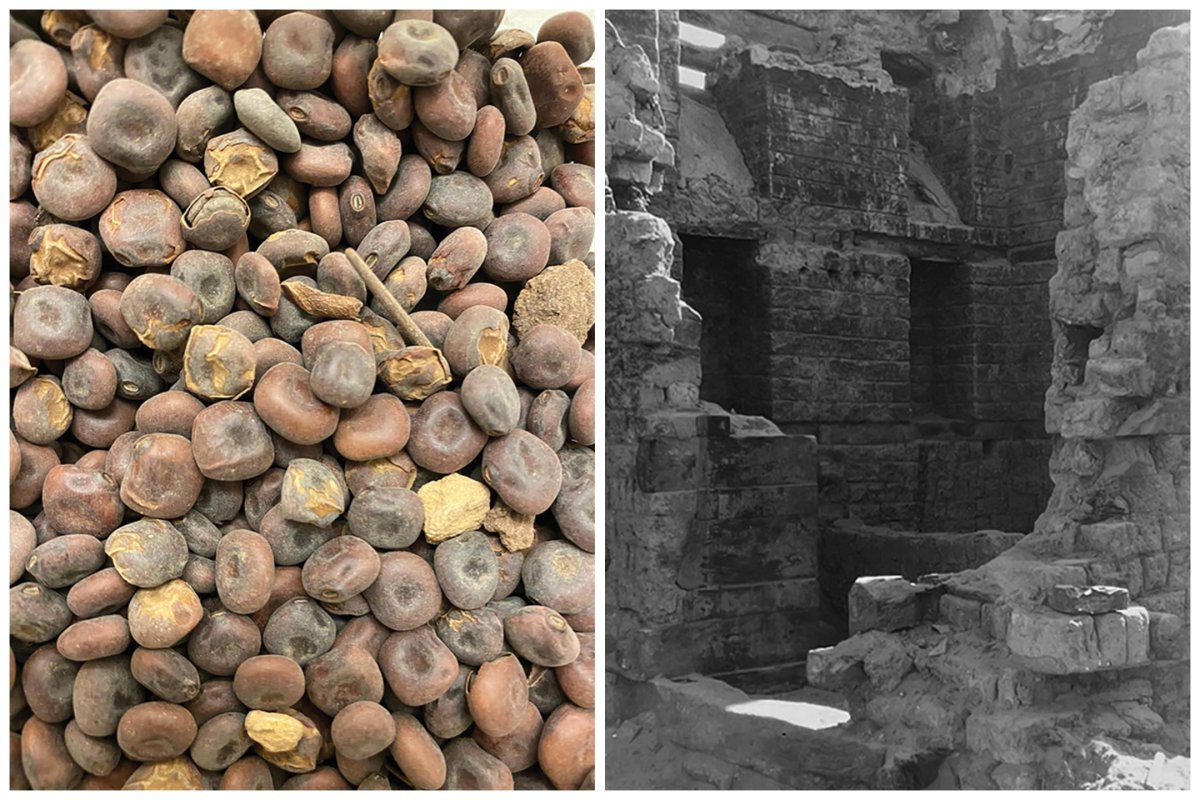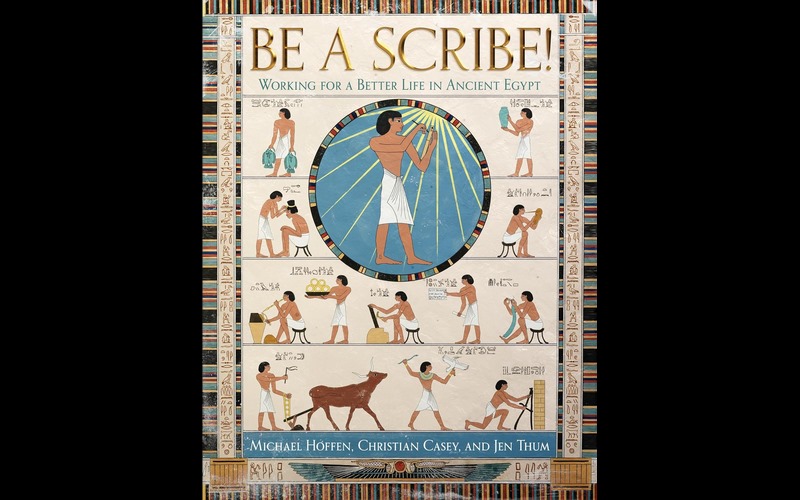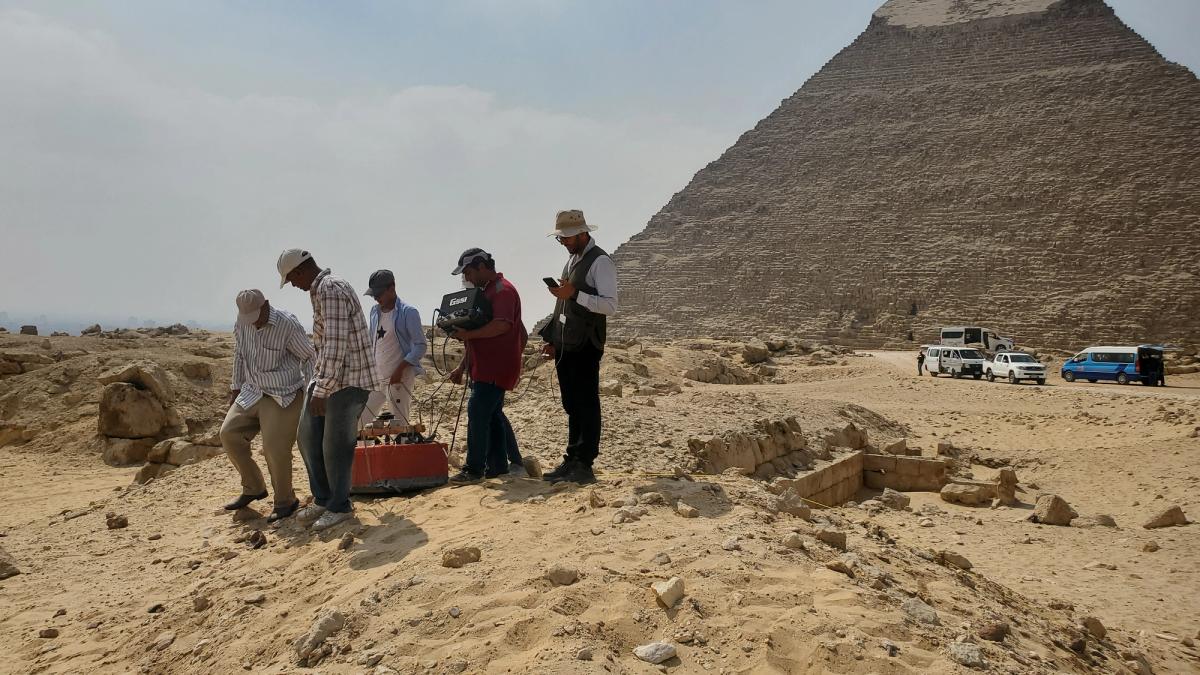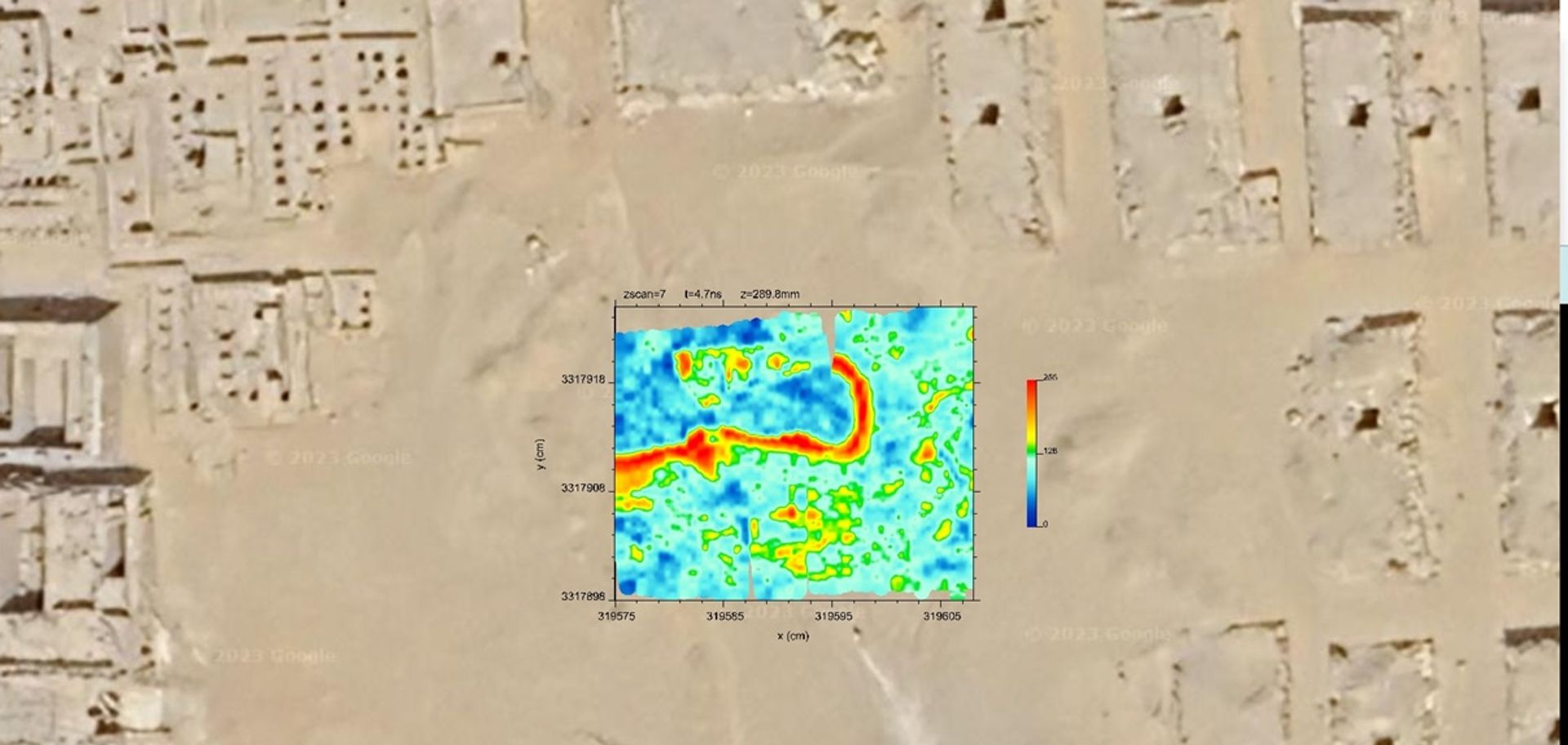'Key' Ancient Roman Town Survived Longer Than Thought, Say Archaeologists
An ancient Greco-Roman settlement in Egypt survived longer than traditionally assumed, archaeologists have proposed in a study.
The study, published in the journal Antiquity, reports that the settlement may have been occupied right up until the 7th century. Previous hypotheses have suggested that the site was abandoned in the middle of the 5th century.
The settlement, known as Karanis, was an agricultural town located in the Faiyum Oasis that is thought to have been founded in the 3rd century B.C. when Egypt was ruled by the ancient Greek Ptolemaic dynasty. This kingdom lasted until 30 B.C. when the region was conquered by the Romans.
Karanis, which may have had a population of several thousand at its peak, was already well-known to 19th-century archaeologists thanks to the huge number of papyri that were retrieved from the site.

Large-scale excavations in the 20th century exposed residential areas, production facilities, granaries, temples and a bath complex.
It is considered to be a classic example of Roman domestic architecture and Greco-Roman urban development in Egypt, and the settlement figures prominently in historical narratives.
Study of the settlement has helped to shed light on the economy and demography of the Roman Empire, as well as its collapse—not to mention environmental changes in ancient times and the devastating Antonine Plague of A.D. 165-180.But "despite the volume of research and publications, and the site's key role in historical reconstructions, the chronological framework for the development of the town remains poorly defined," the authors wrote. "The earliest settlement has barely been explored and its ultimate abandonment is widely debated, with some indication that the current mid-5th century A.D. date for this event is too early."
The timing of the "decline and fall" of Karanis has wider significance in understanding the socioeconomic history of late antiquity and the environmental changes affecting the Faiyum region at the end of a period known as the Roman Climatic Optimum. This period, which is thought to have occurred between the 3rd–4th centuries, was characterized by unusually warm weather in the Mediterranean regain and other parts of Europe.
In order to address the crucial question of the site's chronology, the authors of the latest study selected 13 plant remains retrieved from settlement structures at the site to radiocarbon date. This dating work—combined with further analysis—indicated that Karanis was likely not in complete decline during the 4th century and neither was it a virtually abandoned "sporadic settlement" in its death throes by the beginning of the 5th century, as some previous research has suggested.
"Instead, the settlement remained consistently inhabited in the 6th century and appears to have survived in some form at least up to the period of the Islamic conquest in the 7th century A.D.," the authors wrote.
The picture of Karanis that emerges from the research is one of a complex patchwork of urban blocks and neighborhoods that were progressively modified re-organized, abandoned and sometimes re-inhabited over time.
To what extent the settlement retained its prosperity is difficult to assess with the currently available data. It also remains unclear precisely when Karanis was ultimately abandoned and in what fashion, although this appears to have occurred between the mid-6th and mid-7th century. This was a time marked by political transitions, including the Sasanian-Persian conquest of Egypt, the Byzantine reconquest and the eventual Arab conquest.
"The causes of the abandonment of Karanis and the decline of the region thus resonate with broader debates on the fall of the Roman Empire and on the socioeconomic transformations at the onset of the Middle Ages," the authors wrote.
-- Sent from my Linux system.








/https://tf-cmsv2-smithsonianmag-media.s3.amazonaws.com/accounts/headshot/mellon.png)
:focal(700x527:701x528)/https://tf-cmsv2-smithsonianmag-media.s3.amazonaws.com/filer_public/65/3e/653e4413-148f-4f25-9286-9755ea43f286/efwefwe.jpg)
/https://tf-cmsv2-smithsonianmag-media.s3.amazonaws.com/filer_public/f5/26/f526e2b0-2dbc-4146-a1fb-d5d20748586b/tutankhamun_tomb_photographs_2_009.jpeg)
/https://tf-cmsv2-smithsonianmag-media.s3.amazonaws.com/filer_public/81/d1/81d1a5fb-53bd-473d-b052-6e5cfe5161d9/495425-expo_tut_8-af29f8-original-1690571404.jpeg)
/https://tf-cmsv2-smithsonianmag-media.s3.amazonaws.com/filer_public/fd/ed/fded99fb-95a3-4255-a873-eff274d5d8ff/495423-expo_tut_11-4e6f43-original-1690571398.jpeg)

/https://tf-cmsv2-smithsonianmag-media.s3.amazonaws.com/filer_public/56/d6/56d6e56d-7fe3-46b8-8b85-ebb947a8284b/495419-expo_tut_6-21190d-original-1690571364.jpeg)
/https://tf-cmsv2-smithsonianmag-media.s3.amazonaws.com/accounts/headshot/mellon.png)